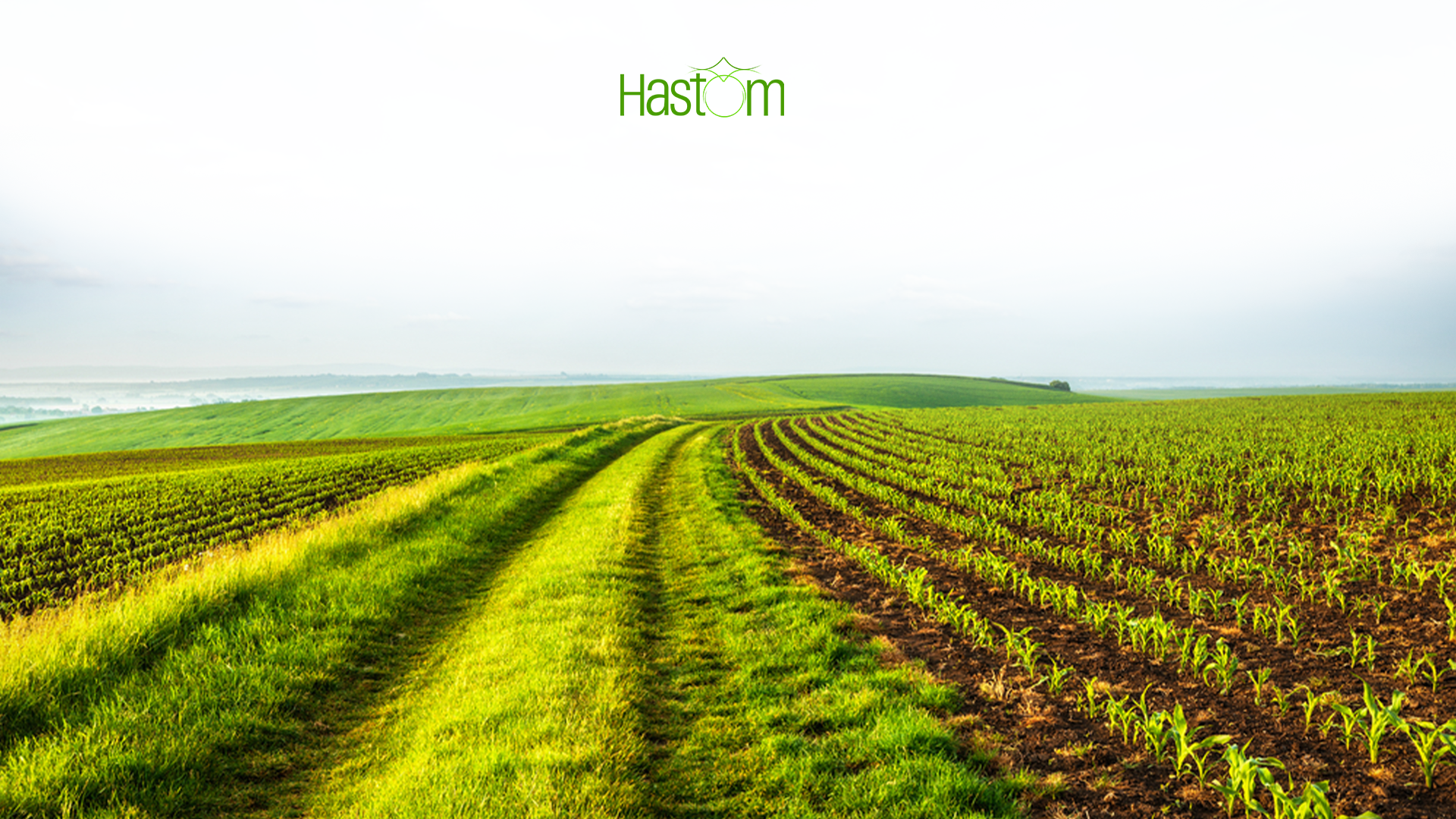
Farmland or Agricultural stocks, which one is the better choice? the topic is explained in details in this blog post.
In the realm of investment, few sectors have garnered as much attention and debate as agriculture. With the global population steadily rising and land becoming scarcer, the demand for food and agricultural products continues to grow. This presents a lucrative opportunity for investors looking to capitalize on the sector’s potential. However, the question remains: Should one invest in agricultural stocks or opt for farmland ownership instead?
Understanding Agricultural Stocks.
Investing in agricultural stocks provides a relatively straightforward way to gain exposure to the sector without the responsibilities of land ownership. Agricultural stocks encompass companies involved in various aspects of the industry, including farming, food production, equipment manufacturing, and distribution.
One of the primary advantages of investing in agricultural stocks is liquidity. Unlike farmland, which can be illiquid and require significant time and effort to buy or sell, stocks can be bought and sold with relative ease on the stock market. Additionally, investing in stocks allows for diversification across different companies and segments within the agricultural industry, reducing individual company risk.
Moreover, agricultural stocks can offer attractive returns, especially during periods of high demand or commodity price appreciation. Companies that efficiently navigate market dynamics, technological advancements, and global trends can generate substantial profits for their shareholders.
However, investing in agricultural stocks comes with its own set of risks. The sector is heavily influenced by factors such as weather conditions, commodity prices, government policies, and global trade dynamics. Moreover, the performance of agricultural stocks may not always correlate with the underlying fundamentals of the industry, as market sentiment and macroeconomic factors can also play a significant role in stock price movements.
The Case for Farmland Ownership.
On the other hand, owning farmland provides investors with a tangible asset that has the potential for long-term appreciation and stable income streams. Farmland is a finite resource essential for food production, making it inherently valuable and resilient to economic downturns. Unlike stocks, which represent ownership in a company, farmland ownership grants investors direct control over a physical asset with inherent value.
Furthermore, farmland can serve as a hedge against inflation and currency devaluation, as the value of agricultural land tends to appreciate over time, driven by factors such as population growth, urbanization, and increasing demand for food and biofuels. Additionally, leasing out farmland to agricultural operators can generate steady rental income, providing investors with a reliable source of cash flow.
However, investing in farmland is not without its challenges. Some of which are acquiring hassled farmland and ending up giving up the farmland because of “omo-onile wahala”,
Making the Decision: Stocks vs. Farmland.
When deciding between investing in agricultural stocks or purchasing farmland, investors should consider their investment objectives, risk tolerance, and time horizon.
For investors seeking liquidity, diversification, and exposure to the broader agricultural industry, investing in agricultural stocks may be the preferred option. Stocks offer the flexibility to adjust investment positions quickly and access to a wide range of companies across different segments of the agricultural value chain. However, investors should be prepared for the volatility and market risks associated with stock investments.
On the other hand, investors with a long-term perspective, a desire for tangible assets, and the ability to manage agricultural operations may find farmland ownership to be a compelling investment opportunity. It offers the potential for stable income, and capital appreciation.
Ultimately, the decision to invest in agricultural stocks or buy farmland depends on individual preferences, financial goals, and risk appetite. Some investors may choose to allocate their portfolios to a combination of both assets to achieve diversification and balance risk and return. Regardless of the chosen approach, thorough research, due diligence, and consultation with financial advisors are essential to make informed investment decisions in the dynamic and evolving agricultural sector.


